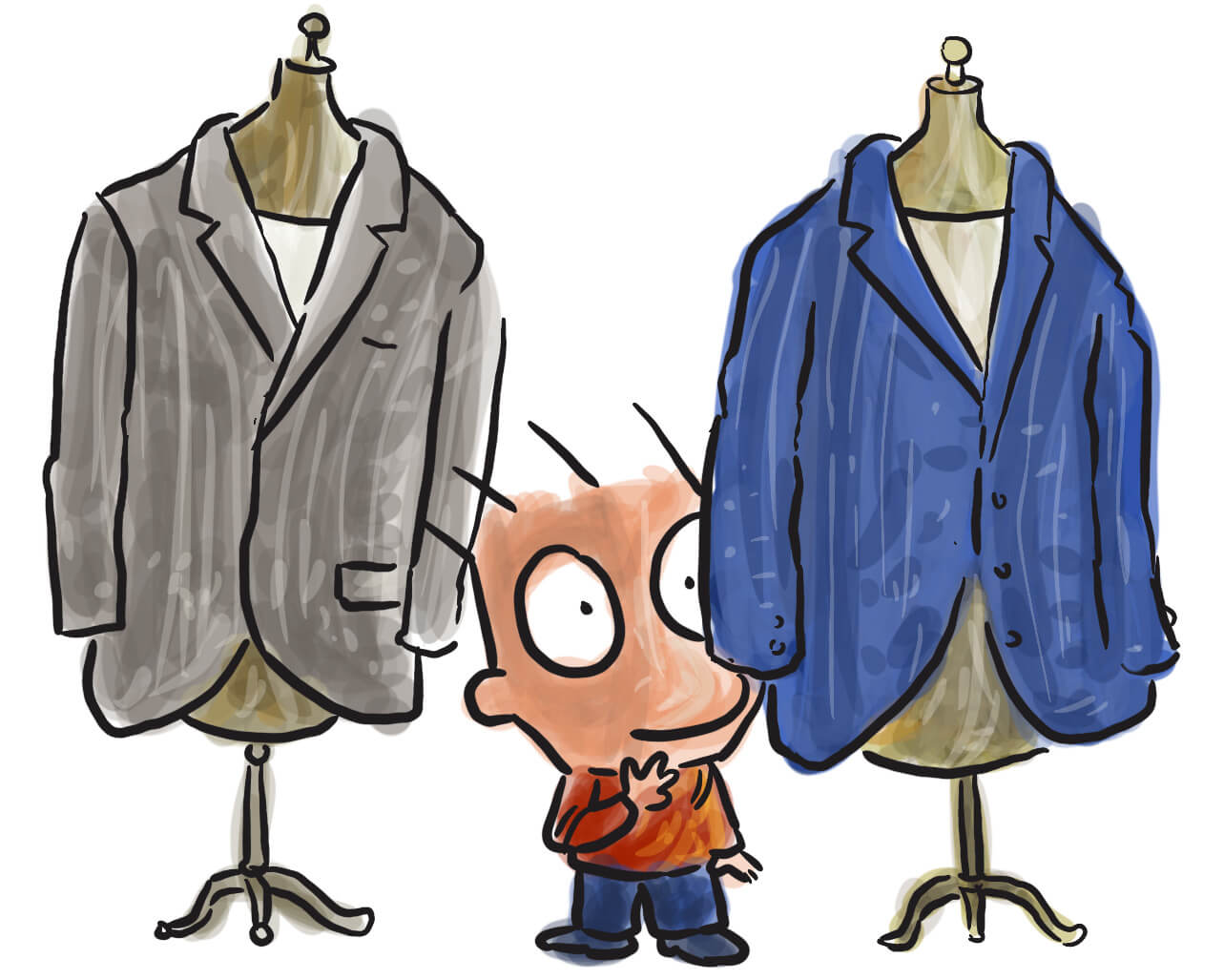We continue on our two part series of why adults struggle with learning.
And this time around, we have an unusual enemy. The enemy is “vocabulary”. How can that be the case?
Let's find out.
Right click to save this episode.
Reason 3: The curse of vocabulary
In 2013, a cognitive scientist analysed the vocabulary used in the New York Times.
The key finding was that the newspaper used around 3000 unique words in their articles over time. Yet a question does arise at this juncture. The question is: If you were familiar with most or all of these words, could you easily read and understand every article?
I'm guessing, but I'd have to say no.
Why? Because while vocabulary is terrific, it's like individual pieces of a much larger puzzle. You and I can learn thousands of words and be understood, or even understand. Yet, it's not the way a child is exposed to language until much later in life.
When a child is learning to read, she is introduced to individual letters and words.
However, before age 4-6, all their vocabulary is handed down in a flurry of sentences, not words.
“Where is Papa now?”
“The Olympics just ended.”
“We need to open the curtains.”
“Let's go to grandma's house.”
“Ooh, that poo is smelly.”
You almost certainly noticed the randomness of the sentences, but let's also focus on the fact they're all sentences. When was the last time you spoke to a child using a single word at a time?
Be aware that this is a kid with no background in the language and often no context. Yet, we bombard this tiny tot with sentence after sentence.
Language apps mostly hinge on single words, don't they?
I hope your language app or classes require you to listen in full sentences. Mine certainly didn't, and all the languages I know are sentence-based—random sentences, exclusively sound-based, and in short or longer sentences. I'm guessing, of course, but I assume you've had an identical experience of this sentence invasion.
In about 60 hours of learning, you can be exposed to roughly 900-1000 complete sentences.
The exposure won't mean you will remember them all. In reality, you are likely to remember just a tiny fraction, possibly just a hundred or so. Nonetheless, you'll have at least some control over the rest of the 900. You will start to understand most of them, blundering your way through the rest.
All the same, when called upon to speak, single-word vocabulary will almost certainly let you down. Complete sentences, on the other hand, will start the process of language construction in the way you learned language as a child.
It is why almost all citizens in some countries are bilingual or multilingual.
My native language is English. It's the only language we spoke at home and in school. However, on the street, you had to speak Hindi and understand Marathi. My parents also spoke a regional language called Konkani.
When they wanted to exclude us from communication, that's the language they'd use. Guess who picked it up anyway, without being able to read a word of the language.
Language learning isn't a stroll in the park.
Every language is a complex mess of vocabulary and grammar. It seems logical to dive deep into those areas, yet we get mixed, often terrible results. We endure years of learning, only to fumble when expressing ourselves.
Even so, why should we learn like children when we're adults?
I'm guessing you've tried the adult method. I'm also guessing it hasn't brought you the results you'd hoped for despite never breaking your “streak” and sticking to a daily habit. Maybe it's time to look at how you learned your first language.
And yes, there's an app for that.


Leave a Reply